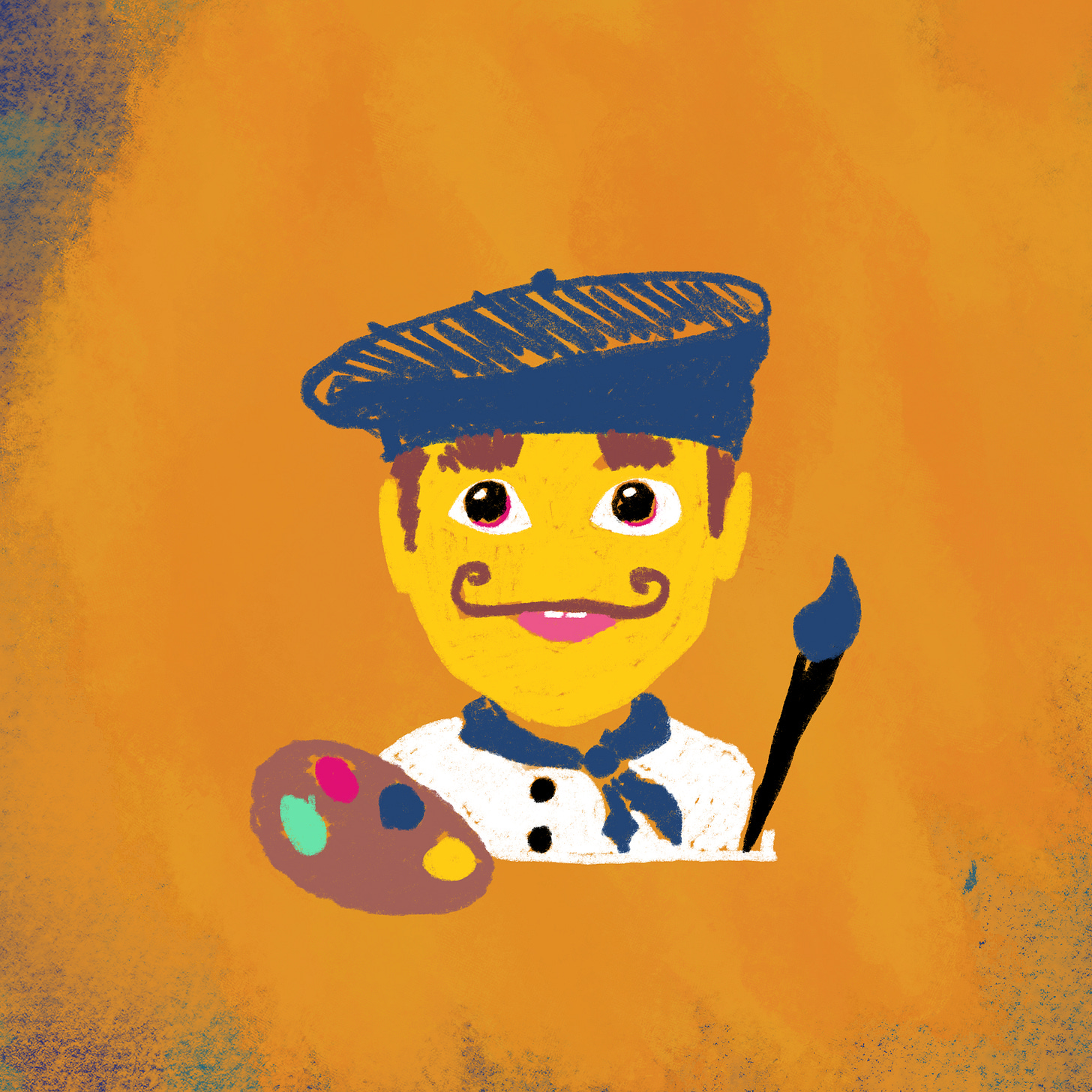When someone asks "What's the point?" of your creative work, they're accidentally revealing the fundamental misunderstanding blocking their own fulfilment
…
WHEN WAS THE FIRST TIME you were taught it was wrong to follow your creative instincts?
Maybe it happened when you shared an unconventional idea and someone said "But what's the point of it?"
Maybe it was when you couldn't neatly explain your work to relatives or mates and you saw their eyes glaze over with confusion or judgment.
Maybe it was being asked "How will this make money though?" when you were just trying to do something that felt interesting to you.
I still remember those painful moments during my time as a visual artist, trying to articulate the value of the work I felt inexplicably called to create.
The dreaded artist's statement loomed over every project—that impossible task of translating my intuitive urges into language that non-artists could respect (or at least understand).
The worst moments were with old school mates who'd watch me trying to do something really well and go “Look! it’s Harrison Moore arty farty!”
Or my 15 years in construction where I literally had to hide my entire love of art to avoid being ostracised.
Somewhere along the line, we're taught that “proper work” must have an easily explainable purpose, a clear path to profit, or an obvious utility. As if we can't be responsible people and take risks at the same time.
What most accidental wing-clippers don't understand is that it’s not just OK to follow your creative instincts, it's ABSOLUTELY NECESSARY if you want the chance to do something remarkable with your life.
There is no such thing as innovation without a period of experimentation that looks weird or pointless to outsiders.
As your unique vision reveals itself, you create possibilities no one else could have seen coming—not even you!
As I made more art, built relationships with other creatives, and gradually developed confidence in my skills and my vision, something shifted. The need to justify my choices to skeptics began to disappear.
Now I look back and wish I'd realised sooner that I did not need to explain myself to anybody.
All those piss takers and moral judgments masquerading as questions were just displays of other people's insecurity.
By pushing through the discomfort and stubbornly following my own interests, I’ve ended up creating a life beyond anything I could’ve imagined.
A steady stream of writing I’m proud of.
A mentoring position at a world-leading writing school.
And a profitable coaching practice I can run from anywhere whilst me and Corina travel the world.
Most people have it backwards. They think sticking to conventional paths and avoiding "impractical" creative work means they're being responsible.
But I don’t think conventional paths are responsible at all. They rob the world of novelty and authenticity.
When you follow your own creative impulses you make the world a richer, more exciting place.
You raise the stakes and push yourself to refine your craft because you know people are watching.
The people who connect with your work engage more deeply because they recognise genuine vision when they see it.
When you honour yourself like this, you give other people permission to do the same. And that is perhaps the most important reason why you should follow your creative instincts.
"The chief enemy of creativity is good sense." - Pablo Picasso
⬥
Previous post




Beautifully written, Harrison.
It reminded me of one of the most important lessons I’ve learned these past few years in my own pursuit of creativity. That is, that any judgment that comes up for me around the work of others is similarly judgment of myself.
Increasingly, I love the idea of simply following our impulses and intuition: both in my work, and in the work of others.
If people don't 'get it', that can be reframed as a tailwind
(instead of doing something everyone recognises, except you don't want to do it)